 |
| Writer Nguyen Dinh Tu |
Reading your works, readers are always haunted by pages about different types of people, social phenomena, and cruel fates. Do you always look at life in a thorny and skeptical way?
Different types of people, different social phenomena, cruel fates… are common in my works, and as you said, that has made readers “always haunted”. That is my intention, and if observed from a certain angle, it is also a common characteristic of literature. Just think about it, famous works from the East and the West, ancient and modern, that are remembered forever by people today are because of their “differentness”, their unusualness, and even their absurdity. “Journey to the West” is a story about a monkey and monsters. “Don Quixote - the talented nobleman of Mantra” is a story about an illusionist. Or the “flickering” Dong Qui Sot, “One Hundred Years of Solitude” is a story about a village with too many strange things, “The Tale of Kieu” is a story about a prostitute, Saint Giong was three years old but already knew how to hold an iron stick to fight the enemy, Thach Sanh was able to cook a pot of rice that could feed thousands of soldiers without stopping, “Tam Cam” is a story about a beautiful girl who came out of a persimmon fruit, “Chi Pheo” is a story about a drunken hooligan and a village girl who was “so ugly that even ghosts and demons despised”… After all, what lives forever in the hearts of readers is because of such “different” things. Literature is life, but an unusual, unique, characteristic and special life. Writers often use the unusual to talk about the normal, use the part to talk about the whole, use the imperfect to talk about perfection. As for me, I believe in this life and always look at life with affection! (laughs)
In the early 90s of the 20th century, the name Nguyen Dinh Tu emerged and became a phenomenon in the literary world and the military writer Nguyen Dinh Tu truly had a place in contemporary literature. It feels like in the past few years, Nguyen Dinh Tu has been more "quiet". Many readers are curious and wonder about the reason for his "pause"?
There are two reasons: One, I have become more difficult, so the new manuscript has been revised many times but still cannot be published. Two, I suddenly do not feel like publishing books anymore. Having published books like that is quite a lot, if I just add one more book, will it be different? I asked myself that question and answered myself that it is probably the same, not making anything different from Nguyen Dinh Tu of 11 published novels. I was absent-mindedly thinking like that, but in the blink of an eye, it has been 4 years since I published a new book. This time, taking the opportunity of your asking, I will sincerely share to see why there is such a stagnation.
From a prolific writer who writes well about the aspects of contemporary “market life” with a unique, thorny perspective… Recently, Tu has switched to writing for children with an innocent, pure perspective. Perhaps, he wants a change to escape boredom, or for some other reason?
First of all, I want to change. Changing, or renewing, doing something different is always my own need. I have never written for children, so now I write for children, that is a way to renew myself. But there are also other reasons. For example, I take my child to buy books every day, and seeing that my child likes to read children's books, I wonder if I, as a writer, should I write a book for my child to read? Or sometimes I think back and realize that there are still many things about my childhood that have not been put into any book. Or simply, I suddenly discover that adults nowadays rarely read books, and the largest number of readers now belong to the age group of... teenagers and children. So I just write.
Living in the digital age, what do you think about the reading habits of young people today? Do you think that at some point, people will turn their backs on literature?
Reading nowadays is very sad. I often talk about reading culture in provinces and cities and I realize that, the people who need to read the most are teachers, but they also read very little. Reading literary books now only congregates in groups or communities with the same interests, such as detective story reading groups, historical story reading groups, war story reading groups, fantasy story reading groups... Just look at the number of publications of newspapers and magazines specializing in literature or the number of literary books published per title, and you will know how "scarce" the number of literary readers is now. Of course, instead of reading with your eyes and on paper, readers can listen with their ears or read e-books, but it is undeniable that the number of people reading literary books is decreasing.
 |
| Young people in modern society read less and less books. Illustration: Bao Phuoc |
As for whether people turn their backs on literature, I think not. Because literature is closely linked to writing, as long as people still need writing, they will continue to read literary works. And as long as literature is taught in schools, there will be readers, as long as there are readers, there will be future writers, as long as there are writers, there will be literature…
In recent years, the country's literary life seems quiet. Perhaps there are only conflicting opinions after a writing contest, or about a poem included in a textbook. What do you expect for the country's literature in the near future?
If we do not sow, we cannot expect to reap the fruits of our labor. To have a golden harvest of literature, the whole nation must prepare for it. What to prepare? A good cultural foundation, a good creative environment, a diverse literature being formed, a generation of talented writers emerging, an ideal audience (readers) waiting for worthy works… In short, I expect a good literary biosphere to come to us, and then from there we can dare to expect the golden grains of specific, shining works to appear.
Thanks writer!
Source

























![[Photo] Central Propaganda and Mass Mobilization Department meets with exemplary journalists](https://vphoto.vietnam.vn/thumb/1200x675/vietnam/resource/IMAGE/2025/6/21/9509840458074c03a5831541450d39f8)




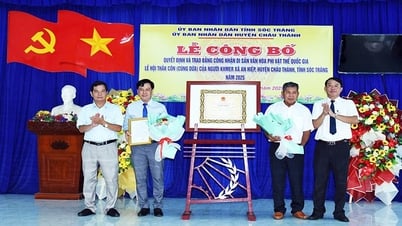










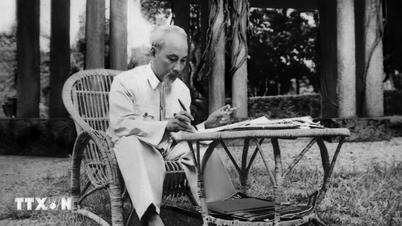




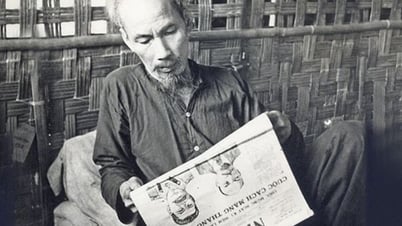

![[Maritime News] Wan Hai Lines invests $150 million to buy 48,000 containers](https://vphoto.vietnam.vn/thumb/402x226/vietnam/resource/IMAGE/2025/6/20/c945a62aff624b4bb5c25e67e9bcc1cb)











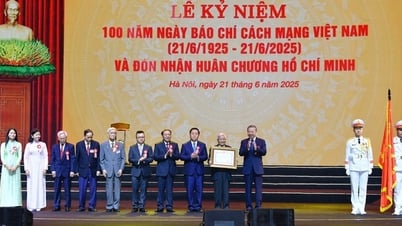

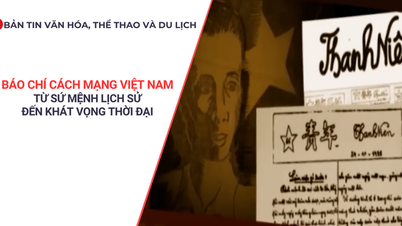
























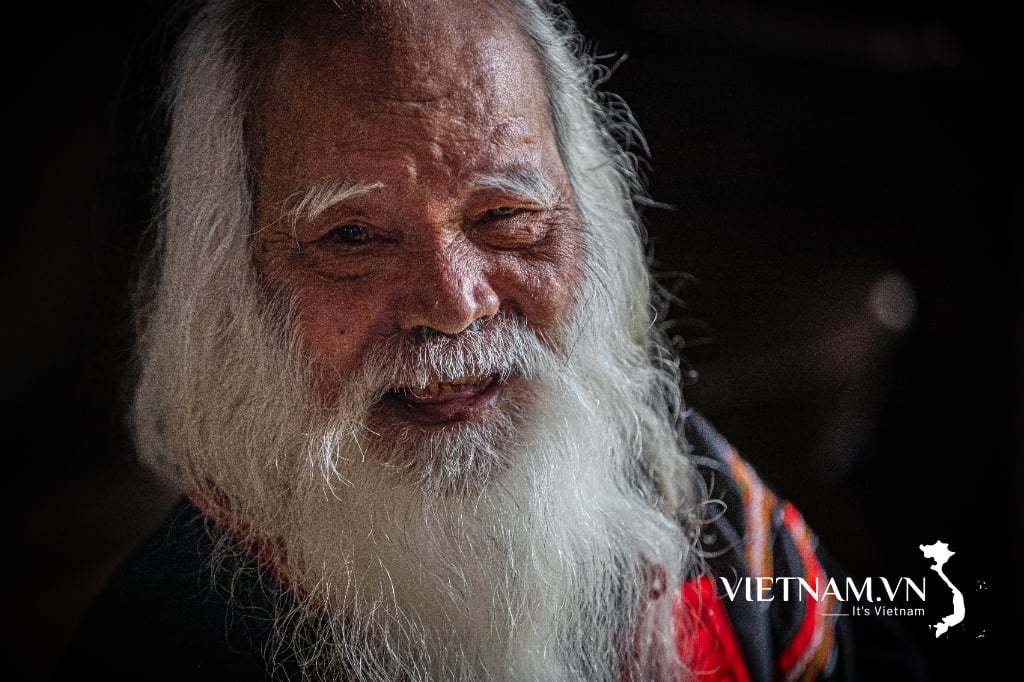

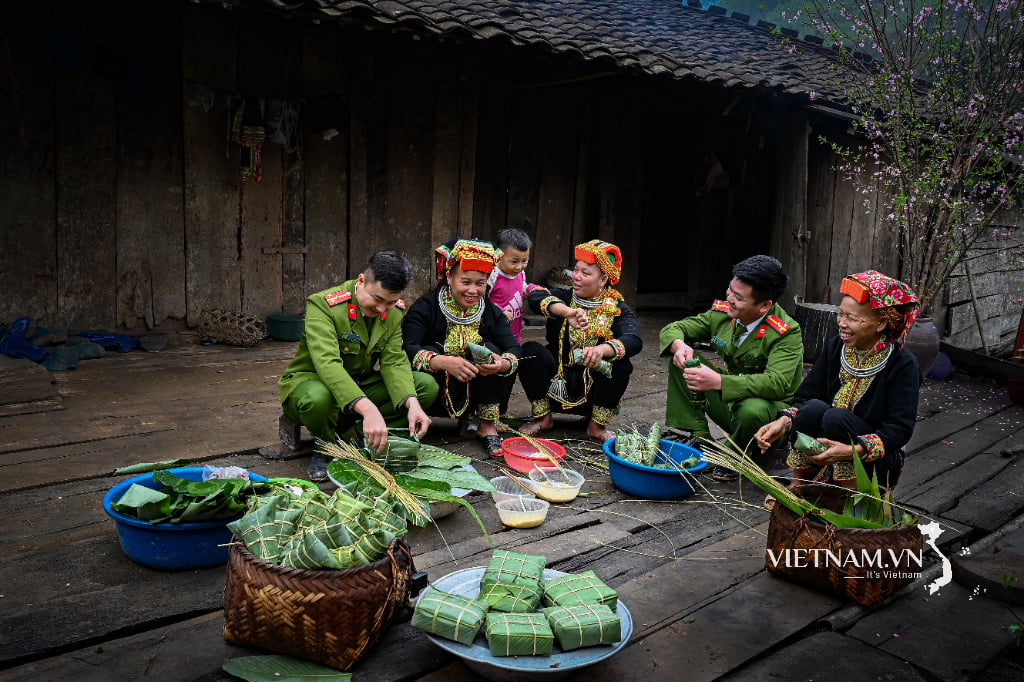
Comment (0)